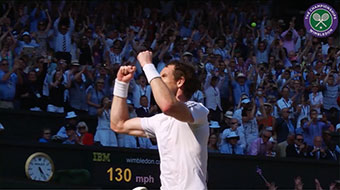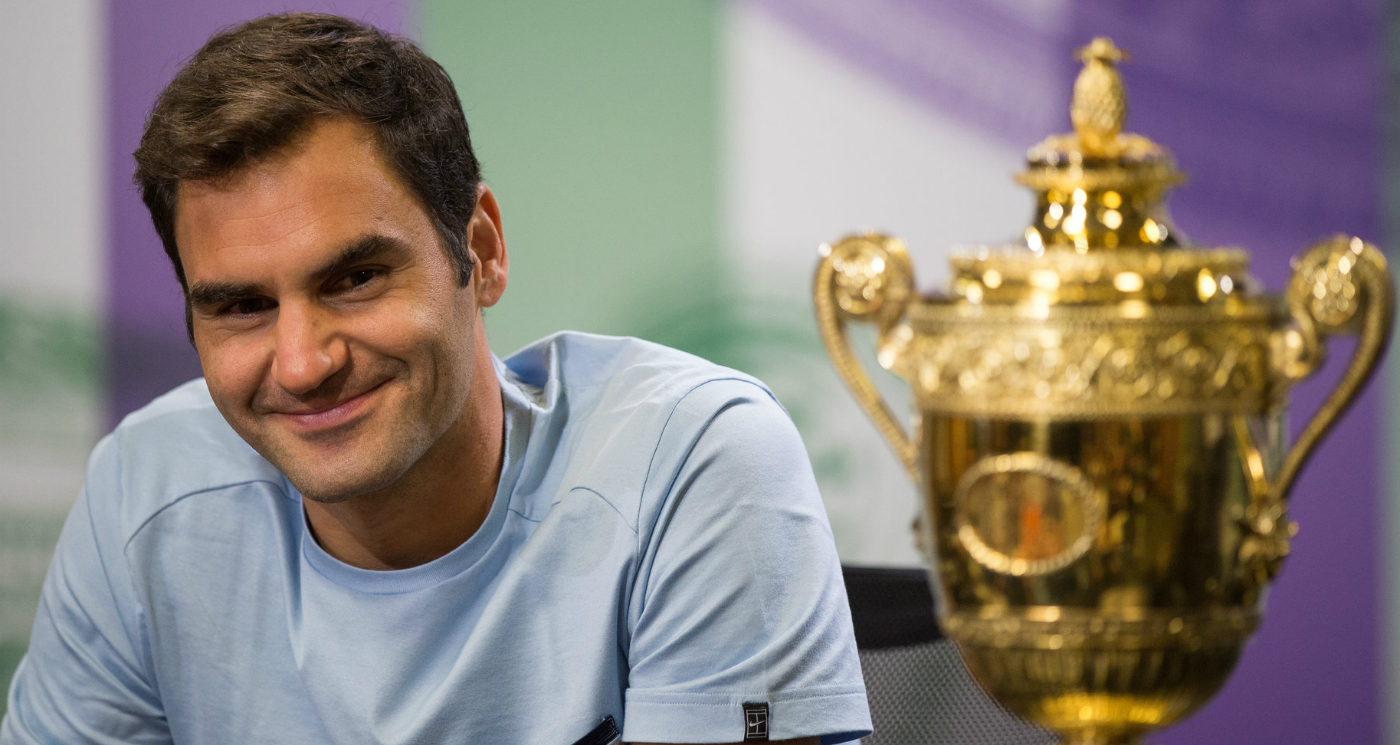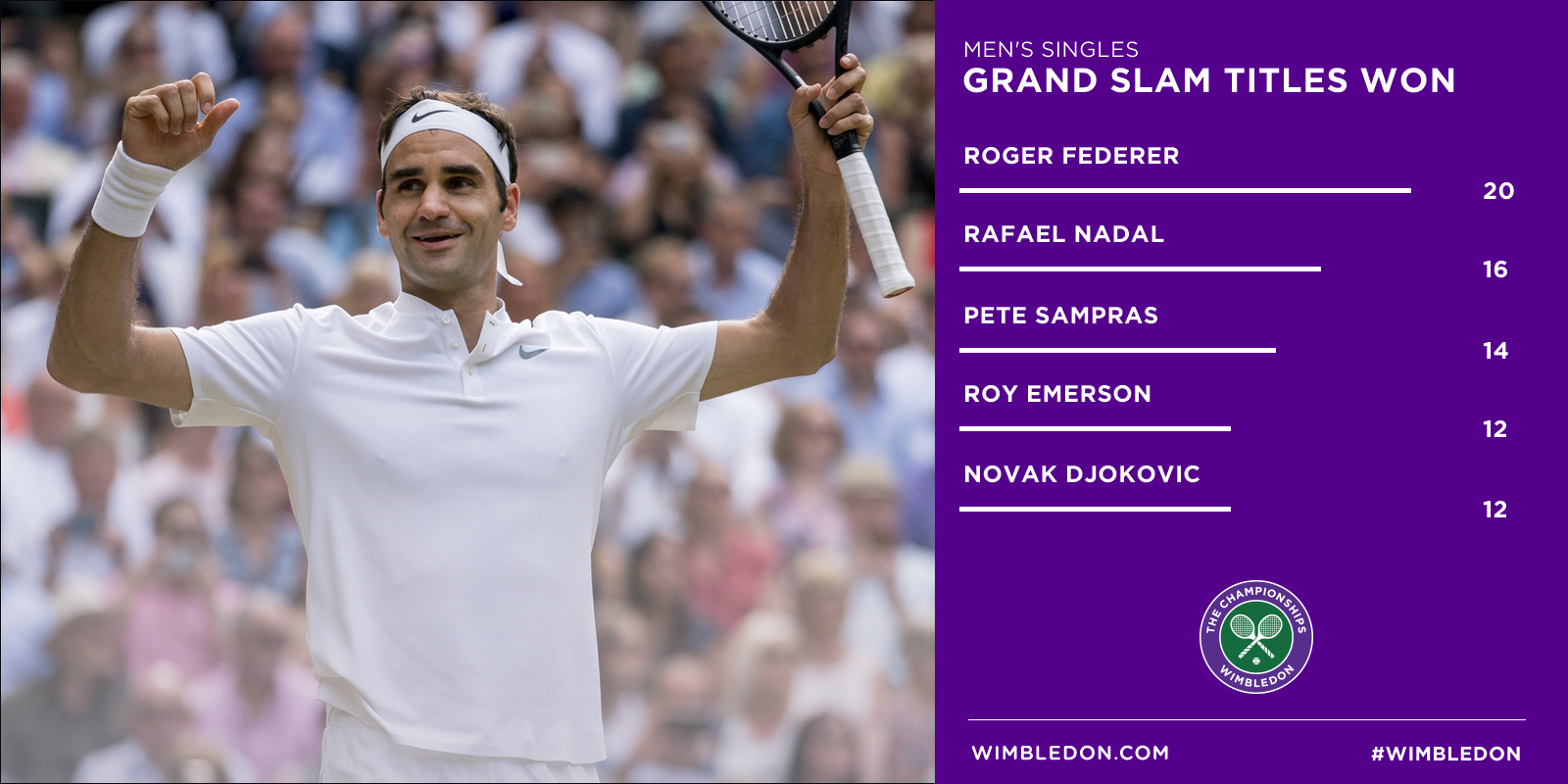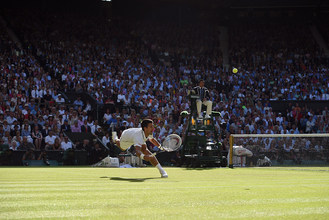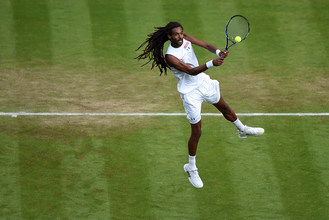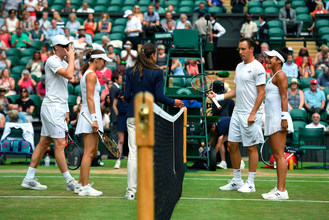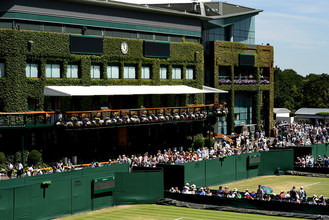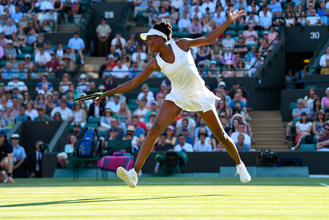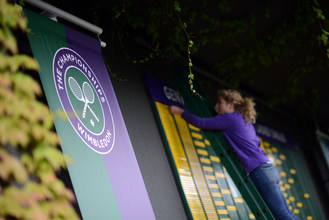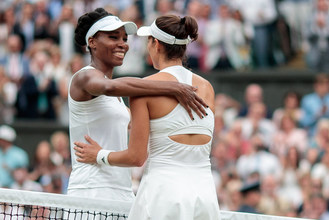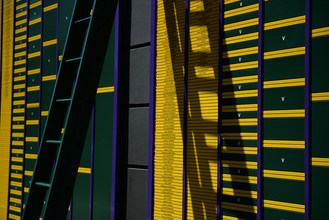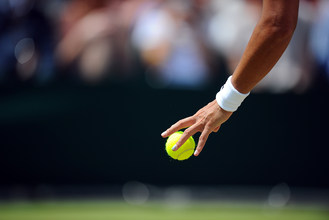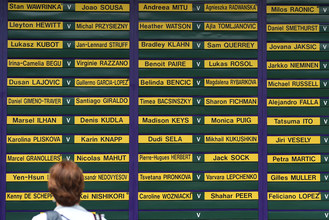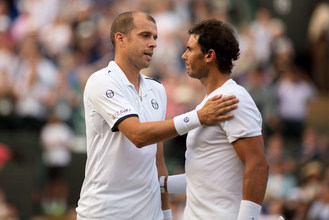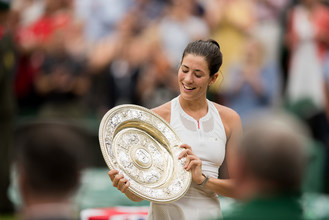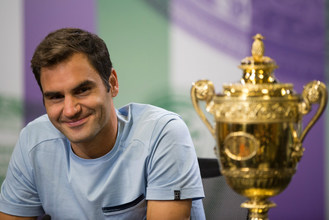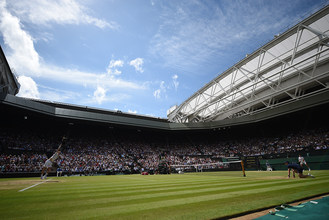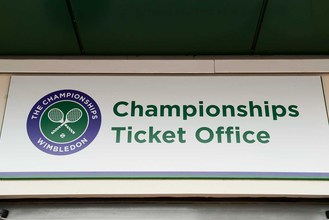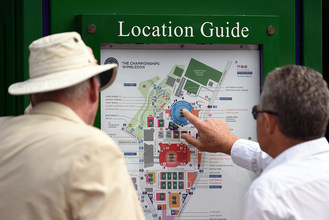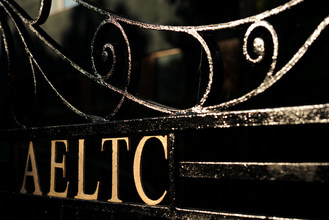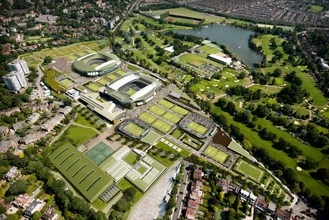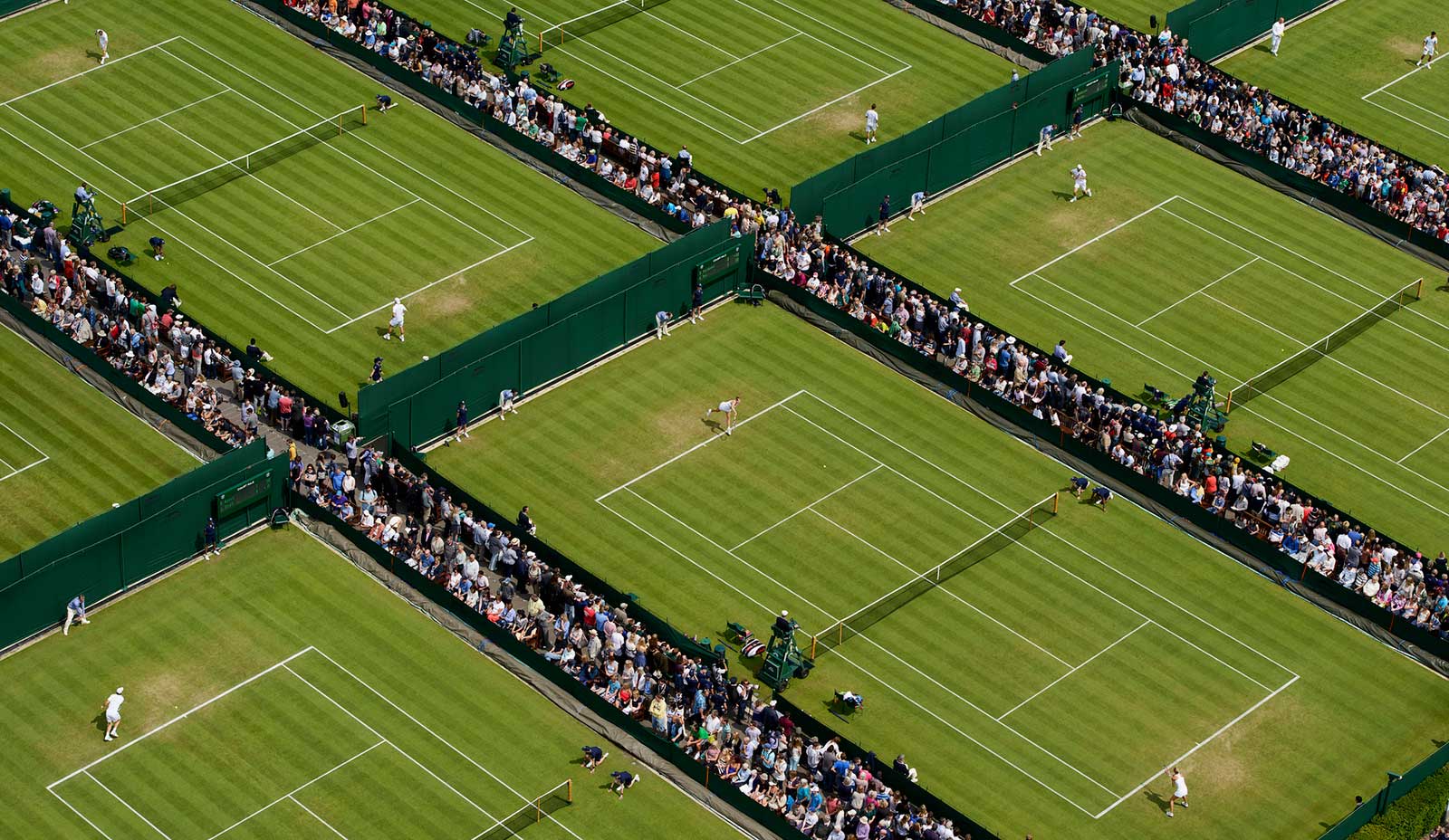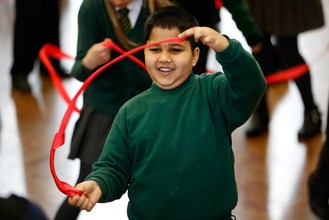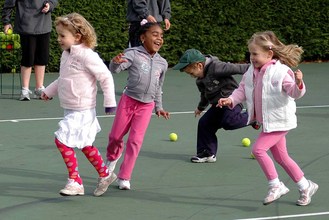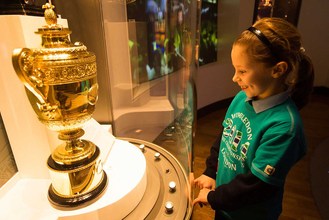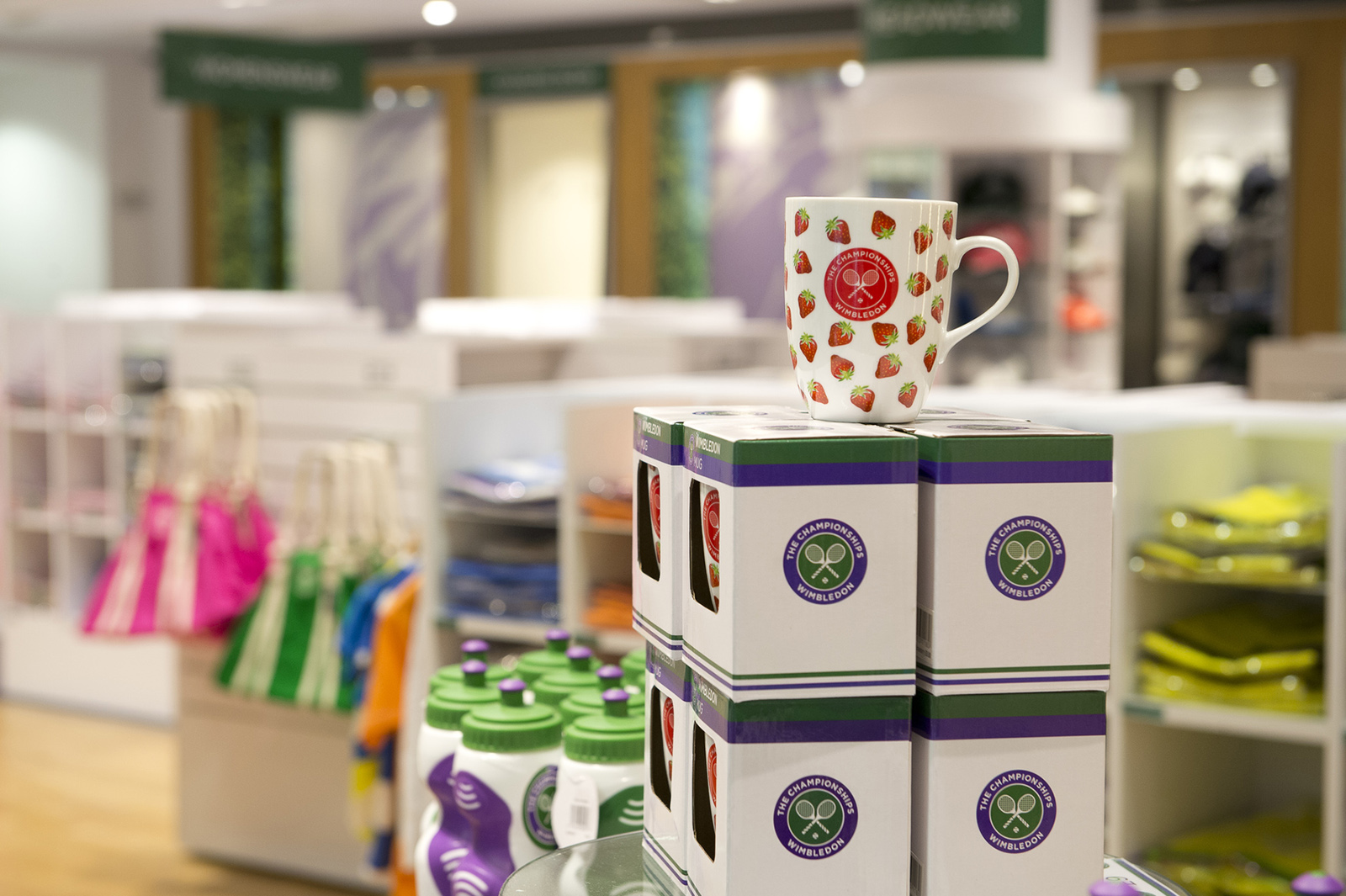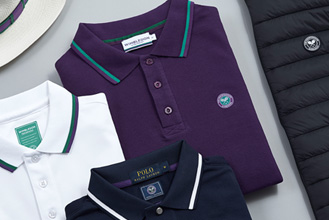At this time last year, Roger Federer’s comeback looked improbable. He hadn’t played in six months before he entered the 2017 Australian Open, where he had to win three five-set matches, including the final against Rafael Nadal when he trailed 3-1 in the fifth set. It was a miracle of a match, one that, considering the age of a 35-year-old star, could be his last, just because you never know how age will affect a career.
It’s a year later now and Federer - 36, healthy, and playing as well as he ever has - has turned the improbable into the likely. He went on to win Wimbledon last year and now a second consecutive victory at the Australian Open this year, his 20th major title.
I'M NOT CRYING, YOU'RE CRYING!
— #AusOpen (@AustralianOpen) January 28, 2018
"You guys make me nervous. You guys make me practice. You guys fill the stadiums. Thank you."
- @RogerFederer #AusOpen pic.twitter.com/sGHCB6mhJG
This time in Melbourne, Federer didn’t lose a set until the final, and as tough as that match was, he beat Marin Cilic 6-1 in the fifth set, a dominant performance. He’s now just a few points from taking the No.1 ranking away from Nadal, too.
What to say about Federer? No matter the ranking, he’s the best male player in the world now, just as he used to be a dozen years ago. This title wasn’t a surprise: In fact, most people gave him the best chance before the tournament began. And the way he won it—he only lost sets in the final—just adds to his claim on the top spot.
If he gets there, he might not stay long, because Federer plans to play few events this season, just as he did last season. Considering how well this has worked for him, it makes perfect sense to keep the same patterns. Federer is now the favorite whenever he plays. His record since last year is 59-5, a remarkable run.
Now is a good time to remember that some members of the tennis press, back in 2013, wrote that it was time for Federer to retire, rather than lose more and more. Hindsight is a wonderful thing, but those opinions were not entirely without substance - the Swiss went four and half years without a Grand Slam title, and during that time endured previously unthinkable, early-round losses to the likes of Sergiy Stakhovsky, Tommy Robredo, Ernests Gulbis and Andreas Seppi.
But Federer deserves immense credit for not only competing despite the obstacles, but for changing his game. His backhand is a full weapon now, unlike in years past. And that has helped him play more aggressively in general. Opponents no longer know his plans as easily as before, when Federer, for all his talent, was more predictable.
Little known is that Federer was nervous in this year's Australian Open final. “How would I feel if I won it, how would I feel if I lost it?” Federer said. “I’m so close, yet so far. I think I was going through the whole match like this. I’ve had these moments in the past, but maybe never as extreme as [that night].”
Going forward, Federer might well play matches with less stress. To win his 20th was a feat, reaching a nice round number that no man had ever come close to winning.
Yet the visible emotion of the moment, coupled with Federer initially failing to say "see you next year," at the trophy ceremony (he would later confirm his desire to play in Melbourne in 2019) led to some wondering if retirement might be on the horizon.
But why should it be? Now that Federer's hit 20, he should be more relaxed while searching for more.
If he’s healthy by the time Wimbledon comes around again, Federer will be the favorite to win the tournament. And as he continues to win, the motivation to play on and further cement his legacy will surely remain.
Indeed, records are made to be broken, and while 20 men's singles titles may appear unsurpassable now, so too did Pete Sampras' tally of 14 at one point in time.
But with his current philosophy that has helped so much, there really can be no limits on what the Swiss can continue to acheive.
“I've just got to keep a good schedule, stay hungry, then maybe good things can happen,” Federer said after the Australian Open final.
“Then I don’t think age is an issue, per se. It’s just a number. But I need to be very careful in my planning, really decide beforehand what are my goals, what are my priorities. I think that’s what’s going to dictate how successful I will be.
"Exciting times ahead.”

